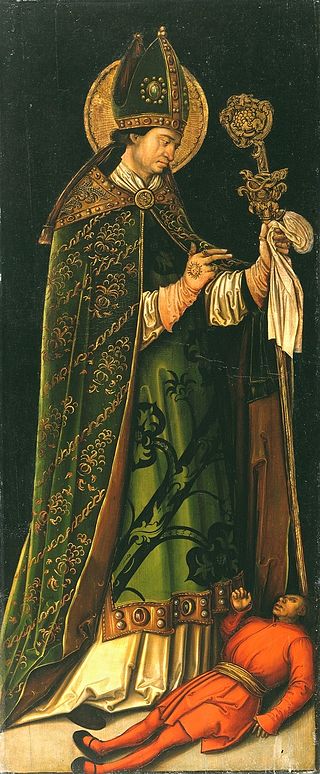
Word of the Day: Amatorculist
Amatorculist: Word of the Day
Today’s word of the day is amatorculist. As I am sure the –ist ending indicates, the word is a noun, and it means “A pretend or insignificant lover,” according to Anu Garg (http://www.wordsmith.org/words/amatorculist.html). He gives the word’s etymology as “From Latin amatorculus (a little lover), diminutive of amator (lover), from amor (love). Earliest documented use: 1731.” My usual sources, dictionary.com and etymonline.com, provide no information on this word. The Mirriam-Webster website says this: “”A little insignificant lover; a pretender to affection” (Samuel Johnson, A Dictionary of the English Language, 1755), though I could not find it myself in Johnson’s dictionary online.
Webster’s says further, “When one sees how pleased many people are to discover this word, one that finally will serve to provide an accurate description of some past lover, it is clear that amatorculist has not received the attention it deserves. The word is almost entirely unknown outside of dictionaries, and lexicographers seem to take a certain vicious glee in defining it. Joseph Wright, in his 1867 Dictionary of Obsolete and Provincial English defined the word as ‘A wretched lover or galant,’ and Nathan Bailey, in his 1736 dictionary, referred to it as ‘a trifling Sweet-heart, a general Lover.’”
Today is Valentine’s Day, or, more accurately, St. Valentine’s Day. We think of it in terms of chocolates, flowers, and cards. But St. Valentine, or Valentinus, was actually a 3rd century Christian who was martyred, though exactly when is unclear.
One story about Valentine is that he was in the house of a judge, Asterius, under house arrest, and he was talking to Asterius about his faith. Asterius had an adopted daughter who was blind. Asterius told Valentine that he would listen to him about Jesus if Valentine could restore his daughter’s sight. This was one of the miracles associated with St. Valentine. Later, this same Valentine was arrested again, for proselytizing, and was sent to the emperor Claudius II, who ordered his death. Before his death, according to at least one version of the story, he sent a note to Asterius’s daughter that said, “from your Valentine.”
Another story about this Valentine is that he performed weddings for Christian couples. At the time of Emperor Claudius, the army needed soldiers, and one way that a man could avoid being drafted was to be married. So, supposedly, Valentine conducted these weddings in secret and without the approval of the Emperor so that Christian men could avoid being drafted (although I’m sure Valentine would not have performed these marriages for that reason alone).
If you go www.catholic.org, you can read more about St. Valentine. You can also find some prayers and blessings for St. Valentine’s Day. Here’s one:
May your life be filled with the blessings of love.
May the spiritual bond that unites you
with your soulmate draw your closer.
When you find one another, may your lives be enriched.
And may you be connected body, mind, heart and soul.
May your two lives soon be joined.
And May God bless your union in all ways.
Of course, this blessing is for you and your true love, not for you and your amatorculist, if you have one.
According to the catholic website, “St. Valentine is the Patron Saint of affianced couples, bee keepers, engaged couples, epilepsy, fainting, greetings, happy marriages, love, lovers, plague, travellers, and young people. He is represented in pictures with birds and roses and his feast day is celebrated on February 14.”
The picture is of Leonhard Beck’s painting of “Heiliger Valentin” (Saint Valentine) from early in the 16th century.